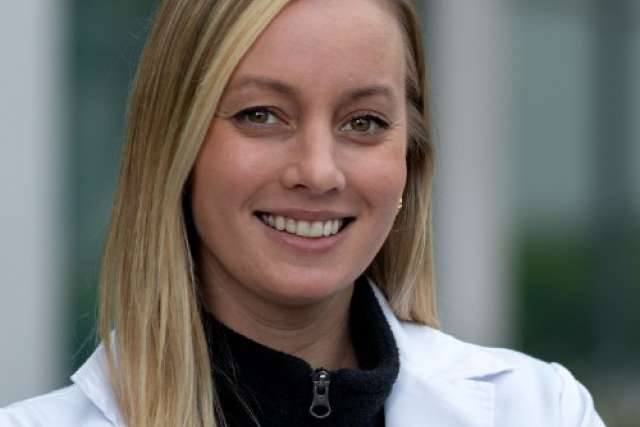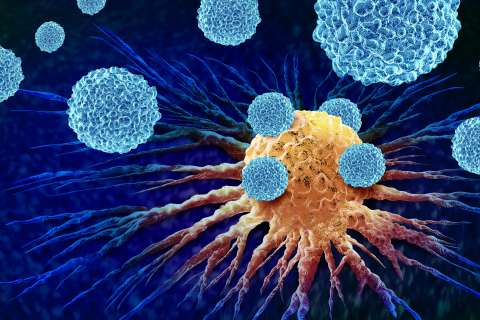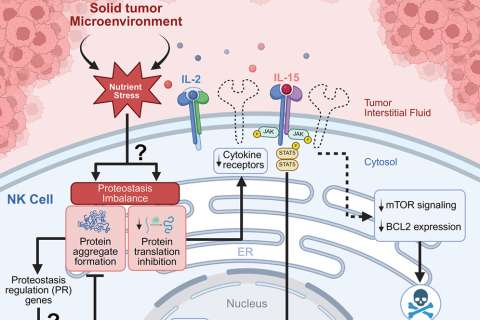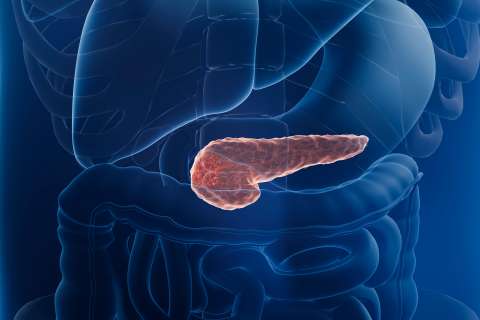Colorectal cancer is among the most common forms of cancer, accounting for nearly 2 million new cases each year in the United States.
That number could be significantly reduced, however, if people adopted better lifestyle habits, said Shelby Yaceczko, RD, an advanced-practice dietitian at the UCLA Vatche and Tamar Manoukiam Division of Digestive Diseases.
“I look at the dietary patterns of individuals as opposed to looking at the individual foods they eat,” Yaceczko said. “Dietary patterns that are rich in fruits, vegetables and whole grains are the way to go to lower the risk of colorectal cancers.”
Less meat, more fiber
There are many causes attributed to the high rate of colorectal cancer, among them a sedentary lifestyle, obesity, smoking, excessive alcohol use and diets that are low in fiber and high in processed or red meats.
“If we practice diet diversity, meaning that at all our meals include relatively balanced plates that have lots of produce and whole grains, we are going to get a good quantity of high-quality fiber,” Yaceczko said.
And, as a study published in 2017 demonstrated, more fiber equals lower risk of colorectal cancers.
She noted, too, that “dietary patterns with high amounts of red meat and processed meats like bacon, sausage or salami also are associated with an increased risk of colorectal cancers.”
Significantly lowering one’s consumption of those foods can also contribute to lower risk for colorectal cancer, Yaceczko said.
Watch out for sweeteners, too
Recent research has cited the contribution of additives like high-fructose corn syrup — a type of sweetener found in many processed foods and beverages — to elevated risk for colorectal cancer.
“We often see high-fructose corn syrup in sweetened beverages like sodas and fruit juices, and also in processed foods such as cakes, baked goods and fast food,” Yaceczko said.
If you are concerned about your sugar intact, she recommends consulting a dietitian.
Visit the UCLA Vatche & Tamar Manoukian Division of Digestive Diseases to learn more about cancer-fighting nutrition.




